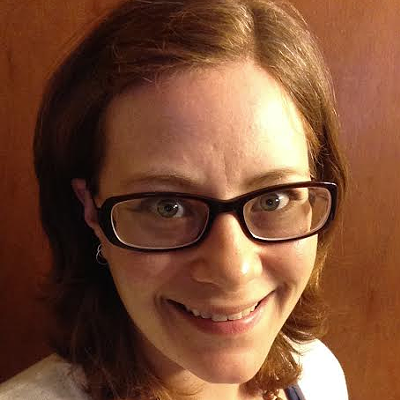It's been a stellar year so far for Dusky, the London-based duo that's blowing up right now with a garage-house sound mastered in the act's native stamping grounds. Alfie Granger-Howell and Nick Harriman, the pair who make up Dusky, are just as comfortable inside the studio as out; they've had their tracks spun by such notable names as Pete Tong and Dubfire, and in December last year, they created a BBC Radio 1 Essential Mix — proof that they've arrived in a big way in the land of dance music. We recently caught up with the two for a chat about how they went from drum-and-bass to their current sound, their interest in jazz and classical music, and how they started collaborating with one another.
Westword: You both started out with roots in the drum-and-bass scene in the U.K.; how did you progress from that to your current sound?
Nick Harriman: I guess it was just kind of a natural progression of our tastes. In the U.K., you start with dance music when you're, like, fifteen, sixteen. Most people first get into drum-and-bass, and then get drawn into other forms of dance music.
Alfie Granger-Howell: That was at the time; now it's more dubstep.
NH: Yeah, at the time it was drum-and-bass, and as we got older, our tastes developed, and so did what we were writing.
How do you think your interest in jazz and classical music has helped shape your sound and set you apart from the crowd?
AGH: I think it's helped in quite a lot of ways. I studied composition, whereas Nick's studies were more focused on music production, and between us, I think the most valuable skill is being able to analyze different types of music, different styles, seeing what it is about them that appeals to people and is unique and interesting. And that kind of studying is very useful; it just enables you to take those points of interest and apply it to [your] own music.
When you first started playing together, were you focusing more on producing tracks or deejaying sets?
AGH: It was both. We met when we were about sixteen, seventeen, and at that time, we both got decks and started deejaying; we used to go out raving and clubbing together with other mates, and we'd maybe have some drinks 'round each other's house before we left. We'd be deejaying in each other's bedrooms. But the producing side, as well, from a similar age, we were both experimenting with FruityLoops and other programs, and I think it was similarly very early on that we started playing each other ideas and sending things back and forth.
NH: It was definitely a bit of both, first learning to deejay and then writing stuff all the time, recording mixes, listening back on it and seeing how we were doing. There were four or five of us who would swap music to see what each other was doing.











